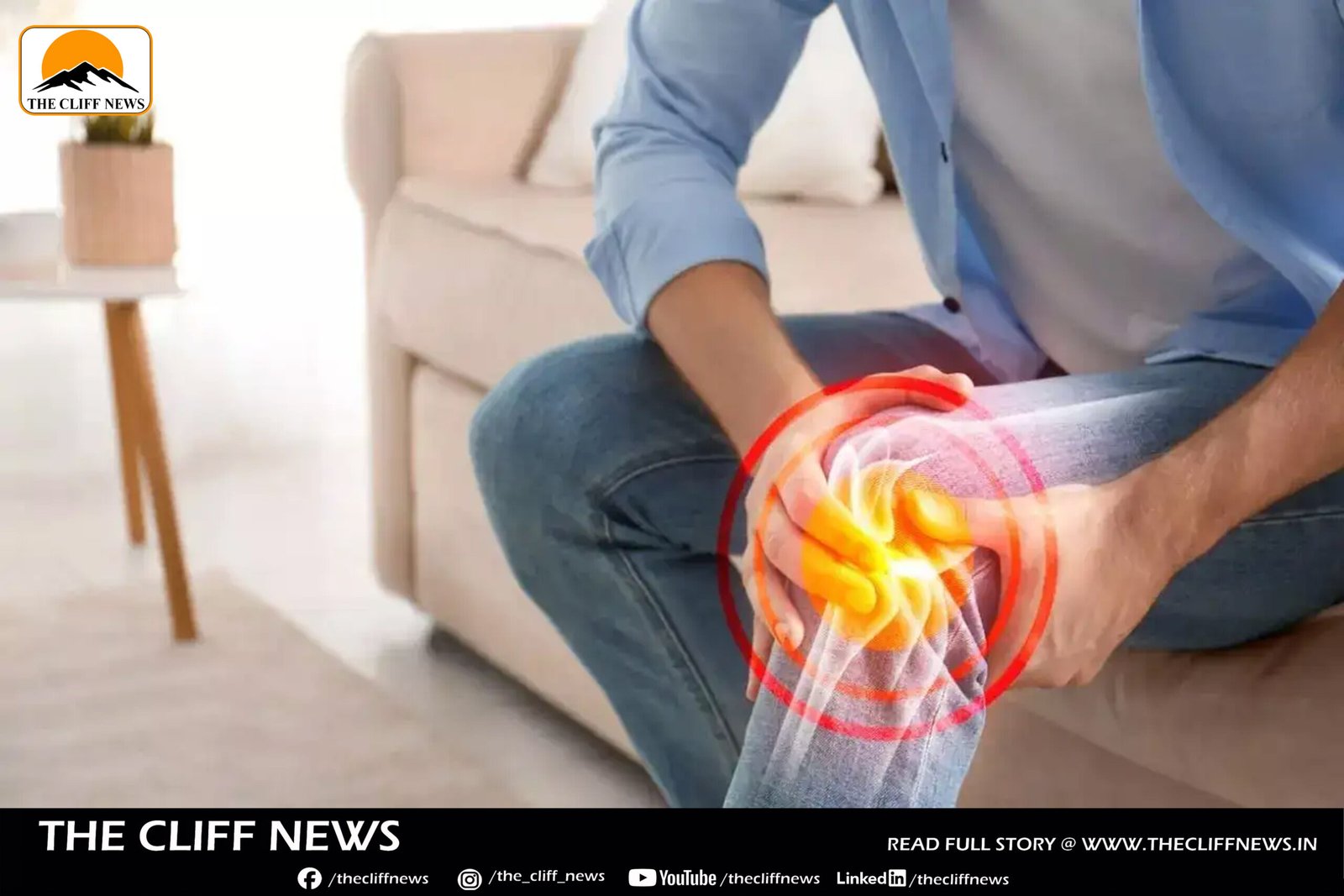The World Health Organization (WHO) has released its first official position paper on immunization against Respiratory Syncytial Virus (RSV) — a critical step in the fight against a disease responsible for nearly 100,000 deaths and 3.6 million hospitalizations each year among children under five.
The paper, published in the Weekly Epidemiological Record, outlines evidence-based strategies to protect infants, especially those under six months old, who are the most vulnerable.
🦠 What is RSV?
Respiratory Syncytial Virus (RSV) is a major cause of acute lower respiratory infections, such as bronchiolitis and pneumonia, in young children.
- 97% of RSV-related deaths occur in low- and middle-income countries, where access to advanced medical care is limited.
👶 WHO Recommendations: Protecting Infants
The WHO recommends two primary methods to prevent severe RSV disease in infants:
1. Maternal Vaccination
- Who? Pregnant women (third trimester)
- What? A single dose of the RSVpreF vaccine
- Why? Antibodies generated in the mother are transferred to the fetus, protecting the baby after birth
2. Monoclonal Antibody – Nirsevimab
- Who? Newborns and infants up to 12 months
- What? A single dose of nirsevimab
- When?
- At birth or before discharge from a birthing facility
- During the first health visit or before the RSV season
💡 Key Insight: Infants under 6 months benefit the most, but protection may extend up to 12 months.
🧓 What About Older Adults?
The WHO is actively reviewing data to determine whether RSV vaccines should also be recommended for:
- Adults aged 60 and older
- Individuals with high risk of severe disease
In some countries, such vaccines are already in use for older adults.
📌 Why This Matters
- The position paper supports national immunization program managers, health policymakers, and global funding agencies.
- It enables better integration of RSV prevention into public health strategies, especially in countries hit hardest by the disease.
- This guidance is part of WHO’s broader mission to issue regular position papers on vaccines that tackle major public health threats.
🌍 A Lifesaving Step Forward
By emphasizing maternal immunization and early infant protection, WHO’s new RSV position paper could save thousands of lives annually — especially in resource-limited settings where the burden is greatest.



